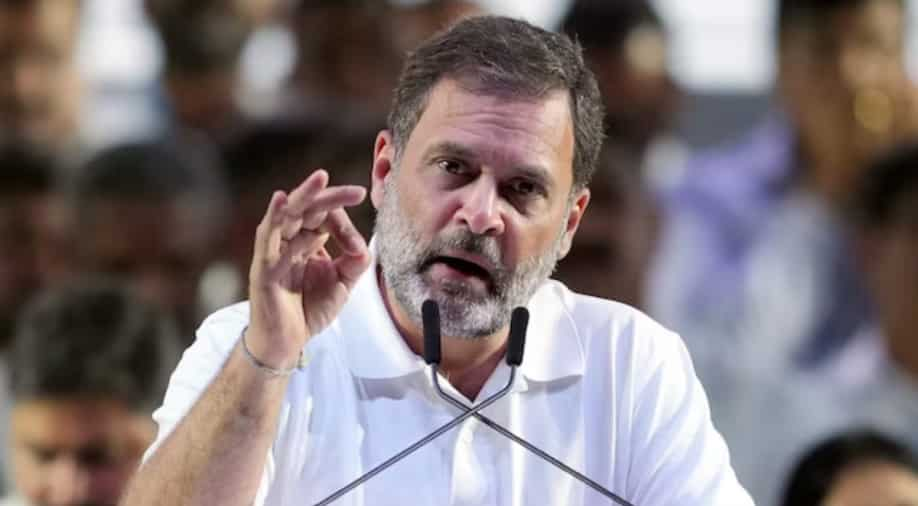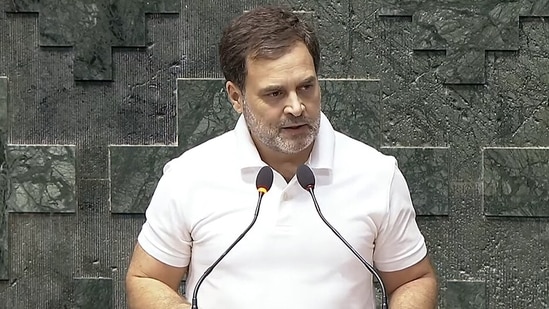As the Leader of Opposition in the Lok Sabha, Rahul Gandhi plays a pivotal role in shaping the Indian political landscape. Here are his seven key responsibilities:
Critiquing Government Policies: Rahul Gandhi’s foremost duty is to scrutinize and challenge government actions and policies. This involves holding the ruling party accountable, highlighting flaws, and proposing alternatives to ensure balanced governance.

Source:- BBC news
Representing Opposition Voices: He acts as the primary spokesperson for opposition parties, voicing collective concerns and ensuring that diverse perspectives are heard in parliamentary debates.
Providing Constructive Alternatives: Beyond criticism, Rahul Gandhi is expected to offer viable solutions and policy alternatives. This contributes to constructive discourse and demonstrates the opposition’s readiness to govern.
Source:- india today
Strategic Coordination: He coordinates with other opposition leaders to present a unified stance on key issues. This strategic alignment is crucial for effective opposition and impactful parliamentary interventions.
Engaging with the Public: Rahul Gandhi must connect with the electorate to convey opposition viewpoints, mobilize public support, and articulate how opposition policies align with national interests.
Oversight and Accountability: He plays a critical role in ensuring that government actions are transparent and accountable. This includes leading opposition in demanding inquiries and reviews of controversial decisions.
Legislative Participation: Active participation in legislative processes is essential. Rahul Gandhi is responsible for leading debates, proposing amendments, and voting on bills, ensuring the opposition’s voice is robust in legislative affairs.
In these capacities, Rahul Gandhi’s leadership helps maintain a dynamic and balanced democracy.
Share your views in the comments

